New to retinol? Before adding this active ingredient to your skincare routine, here’s what you need to know.
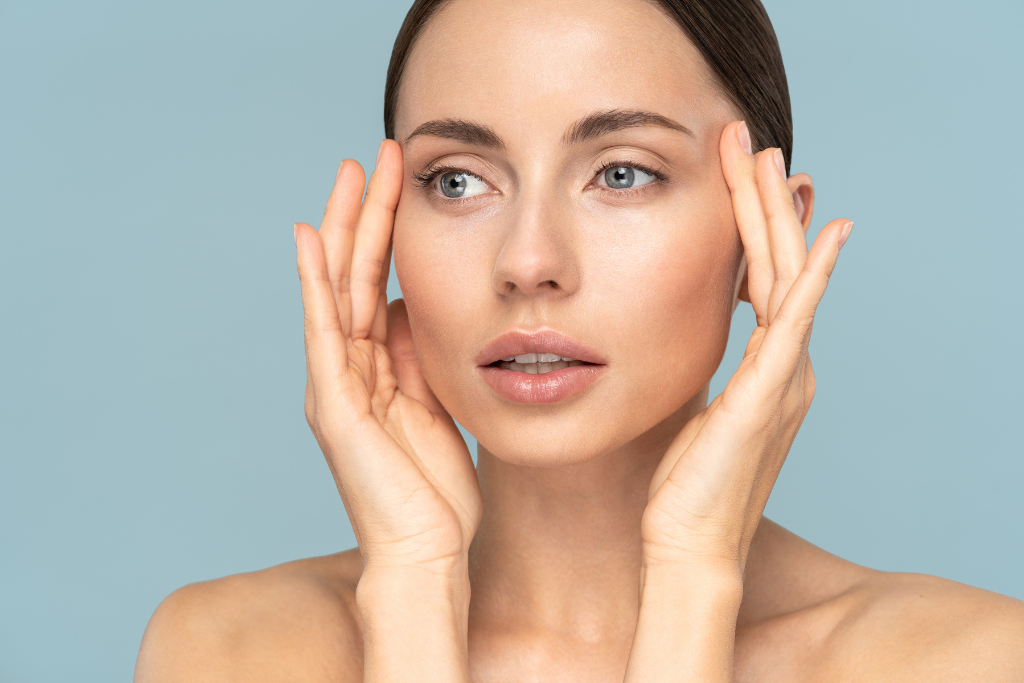
What Is Retinol & How Does It Work?
Retinol is a derivative of vitamin A and plays a key role in warding off or mitigating the initial signs of aging. It offers numerous benefits for the skin, including anti-aging properties, acne alleviation, and enhancing overall skin health. As a versatile skincare component, retinol belongs to the retinoid family.
While more potent retinoids like Retin-A (tretinoin) require a prescription, retinol is available over-the-counter in concentrations up to 2%, making it easily accessible for those interested in incorporating it into their skincare routine. Esteemed among skin experts globally, it stands out as a powerful and effective ingredient in skincare. It continues to be highly regarded for its profound impact on improving a variety of skin issues.
It’s reputation for enhancing skin quality begs the question: how exactly does it work? Its efficacy stems from its unique structural ability to bond with the skin. Essentially, retinol speeds up cell turnover, allowing new cells to surface more quickly than they would naturally. Acting as an antioxidant, retinol dissolves in natural oils and attaches to skin cell receptors, initiating a series of actions that enhance the look and feel of skin types ranging from dry to oily.
Our Top Sellers:
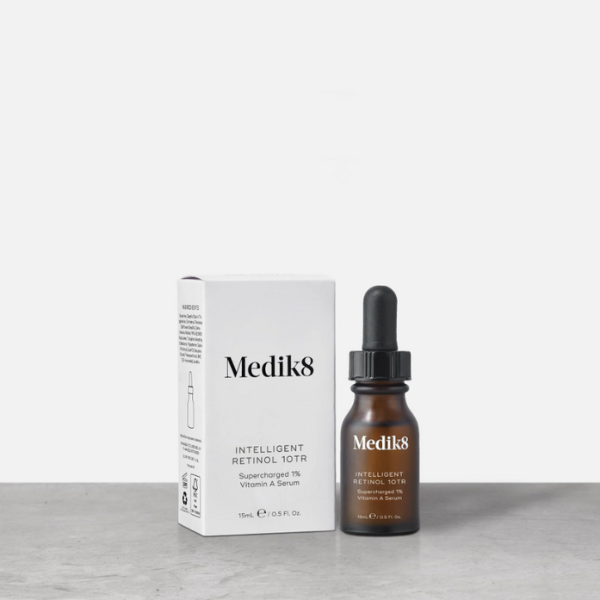
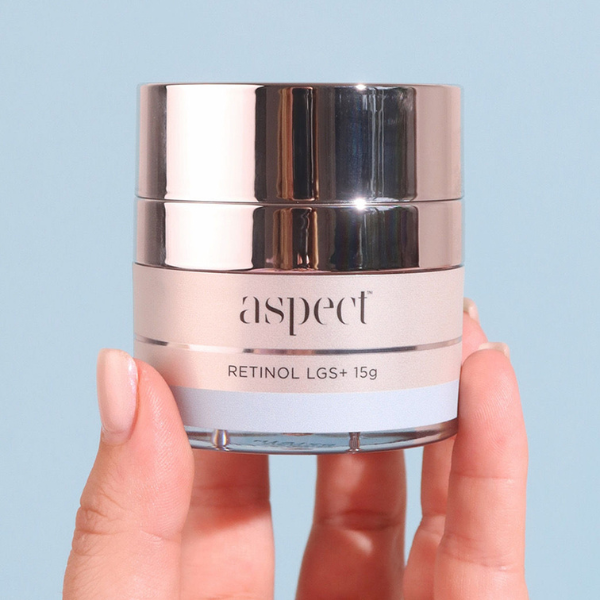
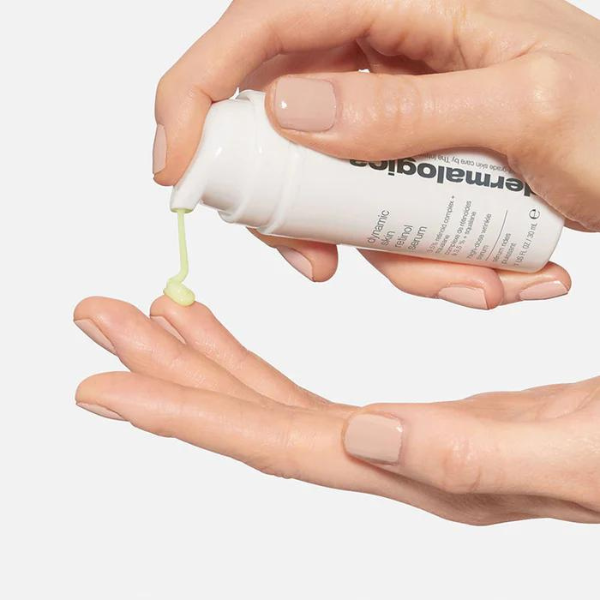
What Are The Benefits?
COMBATS WRINKLES
The signs of ageing in skin are a combination of natural aging processes and the accumulation of environmental stress. Retinol plays a crucial role in any anti-aging skincare regimen. Amidst all the enthusiasm about its benefits, how does retinol serve your skin as it matures? As we age, our collagen production declines. Retinol, a type of retinoid, boosts collagen production and helps counteract free radicals (unstable molecules) that can harm skin collagen. This contributes to reducing the visibility of wrinkles and enhancing skin firmness.
IMPROVES ACNE AND SKIN TEXTURE
Individuals dealing with excessive oil production, blocked pores, and acne can witness significant skin improvements by incorporating retinol. The advantages of Vitamin A for such skin types extend beyond merely diminishing acne and imperfections; it also aids in lightening scars left by past acne. Retinol skincare products achieve these results by reducing the activity of oil glands and shrinking the appearance of pores.
ENHANCES SKIN RADIANCE
Dry skin often appears dull due to the accumulation of dead skin cells and a rough skin texture. A retinol serum facilitates skin exfoliation at a molecular level, speeding up the turnover of skin cells and unveiling a fresher complexion. This leads to a visibly rejuvenated and smoother skin for those with dry skin.
PROMOTES EVEN SKIN TONE
Among the notable advantages of retinol is its efficacy in fostering an even skin tone by encouraging the turnover of skin cells and its exfoliating action. This process brings new skin cells to the surface, helping to brighten and even out the skin tone while boosting collagen and elasticity. For optimal results in reducing dark spots and pigmentation, it is recommended to use retinol alongside a Vitamin C Serum.

“As we age, our collagen production declines. Retinol, a type of retinoid, boosts collagen production and helps counteract free radicals that can harm skin collagen.“
How To Add Retinol To Your Routine
Apply Sun Protection Factor (SPF) Religiously
Utilising Retinol accelerates the skin’s cell renewal process, rendering it more susceptible to ultraviolet (UV) radiation’s harmful effects. It’s crucial to choose a sunscreen that suits your skin and to apply it diligently every day. If you find yourself under the sun for extended periods, reapply the sunscreen every two hours.
Incorporate Retinol Exclusively in the Evening
It’s advisable to apply Retinol exclusively during nighttime. This strategy ensures the stability of Retinol and shields your skin from potential sun-induced sensitivities. Moreover, your skin optimally absorbs and benefits from this active ingredient while you sleep.
Adopt a Gradual Approach
Introducing Retinol into your skincare routine necessitates a gradual approach to allow your skin to adapt to this potent active. Initially, apply Retinol every alternate night for the first 4-6 weeks. Assess your skin’s response and, if favourable, consider daily application. Should you experience dryness or irritation, it’s wise to decrease the application frequency.
Adjust Based on Lifestyle Influences
Factors such as stress, environmental changes, and travel can make your skin more reactive, necessitating a temporary reduction in Retinol usage. Resume your regular application once your skin returns to its normal, resilient state.
Exercise Caution with Additional Exfoliants
Given Retinol’s potent skin-renewing properties, it’s advisable to use it in alternation with other active ingredients like Hydroxy Acids. For example, apply it in the evening and Hydroxy Acids in the morning, or adjust the frequency based on your skin’s specific needs.
Be Gentle Around Sensitive Areas
When applying Retinol treatments, proceed with caution around the sensitive areas of your eyes and lips. For those aiming to leverage advantages specifically for these regions, explore products like the Age Reversal Eye Complex, which is tailored for the eye area.
Moderation is Key
Adhere to the recommended dosage of Retinol to avoid overuse. Typically, a pea-sized amount suffices for serums, whereas a grain-of-rice-sized quantity is advised for eye-specific Retinol treatments. Ensure application is limited to the area around the eyes, avoiding the eyelids.
“Initially, apply Retinol every alternate night for the first 4-6 weeks.“
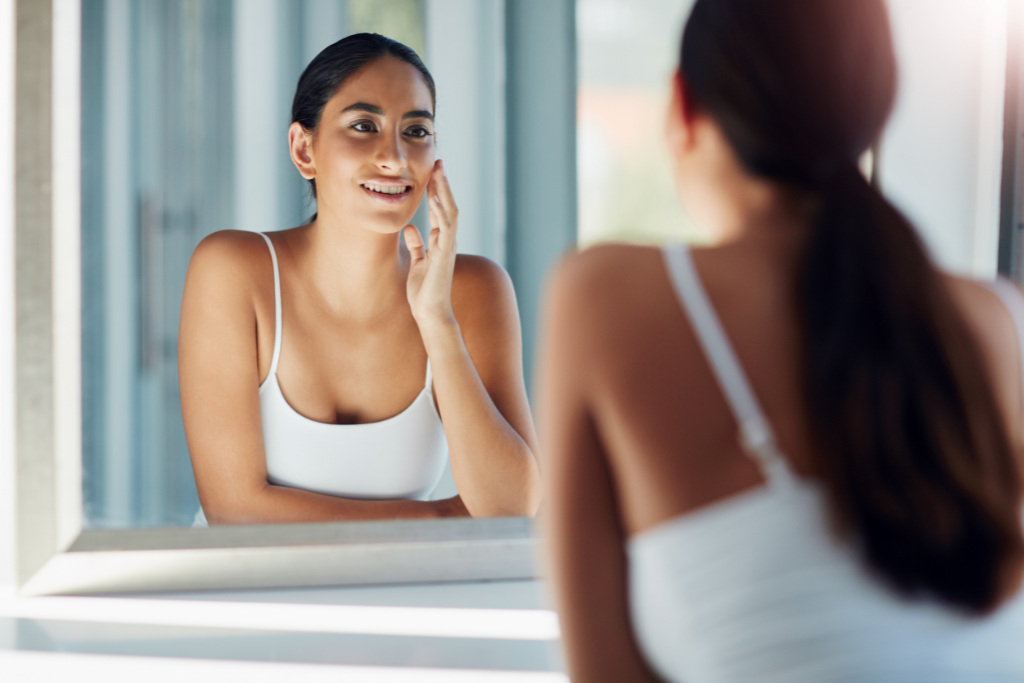
When To Avoid Retinol
Retinol is a beneficial ingredient for various skincare concerns; however, it’s not suitable for everyone. Individuals with eczema, rosacea, or sensitive skin might find it advisable to steer clear. It pairs well with moisturizers and hyaluronic acid but should not be mixed with vitamin C, glycolic acid, or benzoyl peroxide to avoid adverse reactions. Additionally, it is photosensitive, making the skin more susceptible to sun damage. Therefore, using a high SPF sunscreen is crucial to protect against UV rays. Importantly, it can pose risks during pregnancy due to its potential to cause fetal retinoid syndrome, a condition associated with physical and mental congenital disabilities. Pregnant individuals are advised to avoid retinol to prevent these risks.
Shop our range of retinol skincare serums from My haircare & Beauty!
See similar:
Biologi Product For Every Skin Type
Age-Defying Serums: The Key To Youthful, Radiant Skin
Our Top 5 Tips for Clear Skin
Makeup Crimes You Need to Steer Clear Of
Does Vida Glow Ingestible Collagen Work?
Source link
